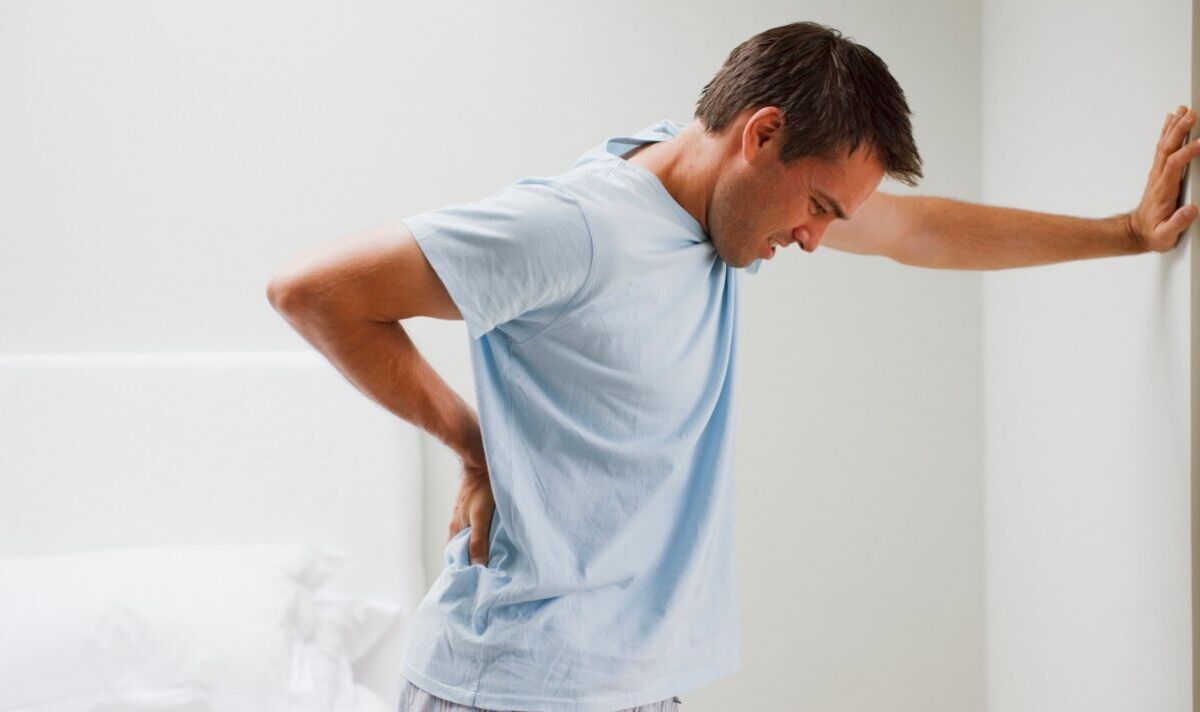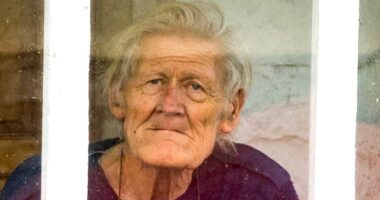Brits don’t start to take their health seriously until the age of 38 – and often only after a scare, according to research. The study of 2,000 adults found that starting to have new aches and pains, or reaching a milestone birthday, were also among the triggers that encouraged them to take better care of themselves.
And others were prompted into action after a loved one passed away or experienced a health issue.
Celebrities also play a part in making people take notice, with around one in 30 admitting a famous person suffering a medical problem forced them to take things more seriously with regards to their own health.
In fact, following the announcement that King Charles is undergoing treatment for an enlarged prostate, the NHS website’s page about the condition received 11 times more visits than the previous day – resulting in one person visiting the site every five seconds.
Dr Elizabeth Rogers, associate clinical director at Bupa Health Clinics, which runs health assessments – a preventative health check – said: “It can be very easy to disregard your health, particularly when you are young or you feel that everything is OK.
“No-one wants to think that there might be something wrong, but often the early signs of an issue are not obvious.
“Sometimes it can take a bit of a wake-up call before you start taking your health more seriously – whether that is falling ill yourself, or seeing a loved one or even a well-known figure experience an issue.”
The study also found one in 10 adults (11 percent) admit they still don’t take their health very seriously now.
And nearly half (45 percent) didn’t take much notice at a younger age as they felt broadly fine, while 36 percent simply felt they were too young to need to worry about it – and a quarter believed that nothing bad would happen to them.
But in hindsight, 84 percent feel they took their health for granted when they were younger – and 39 percent regret not taking better care of their health before they reached their mid-twenties.
Nearly four in 10 (38 percent) admitted they followed a poor diet in their younger years, while 30 percent claim they drank too much alcohol, and 28 percent feel they let stress get to them too much.
However, three in 10 have since been asked by someone else to take more care of their health – including their partner (39 percent), a parent (33 percent), or a medical professional (30 percent).
As a result, 45 percent now try to get enough sleep, while 43 percent drink more water, and 34 percent try to reduce stress in a bid to look after their health.
The study, carried out via OnePoll, also found 21 percent are currently unhappy with the state of their physical health, while 32 percent aren’t happy with their fitness levels.
Dr Elizabeth Rogers, associate clinical director at Bupa Health Clinics, added: “There’s no one-size-fits-all approach when it comes to health, and making even small changes to your exercise regime or diet can make a real difference to both your physical and mental health, as well as helping to prevent future conditions developing.
“We designed our Bupa health assessments to give people a clear picture of their health and wellbeing, with personalised metrics to manage their own health – not only flagging potential risks, but setting out clear and realistic goals to make improvements to their overall health.”










